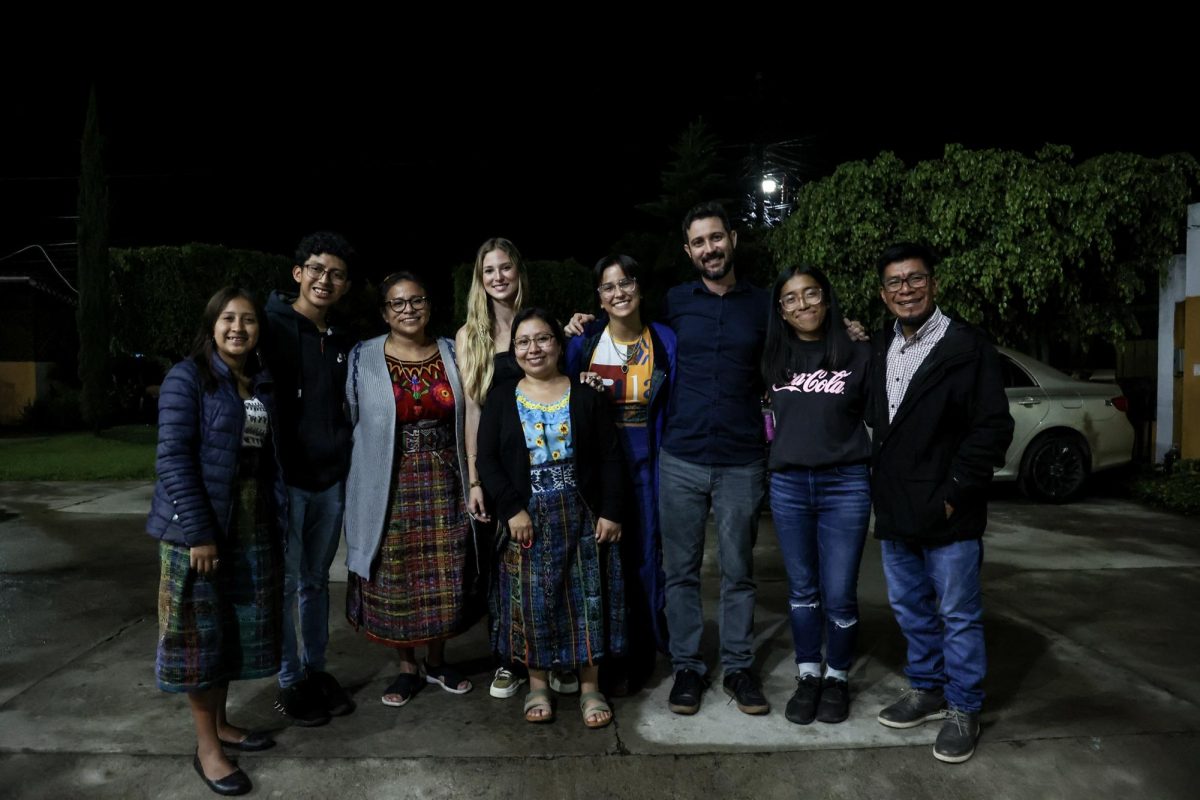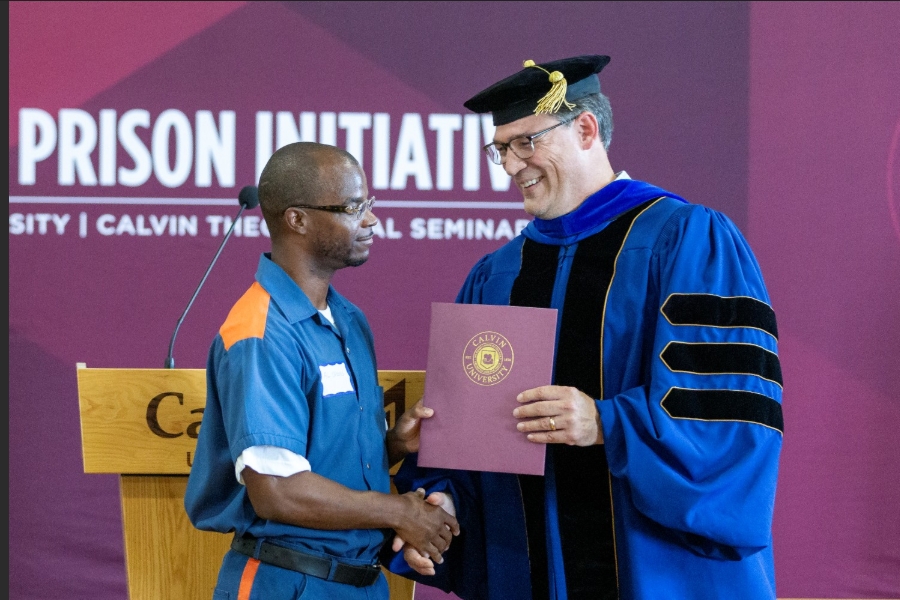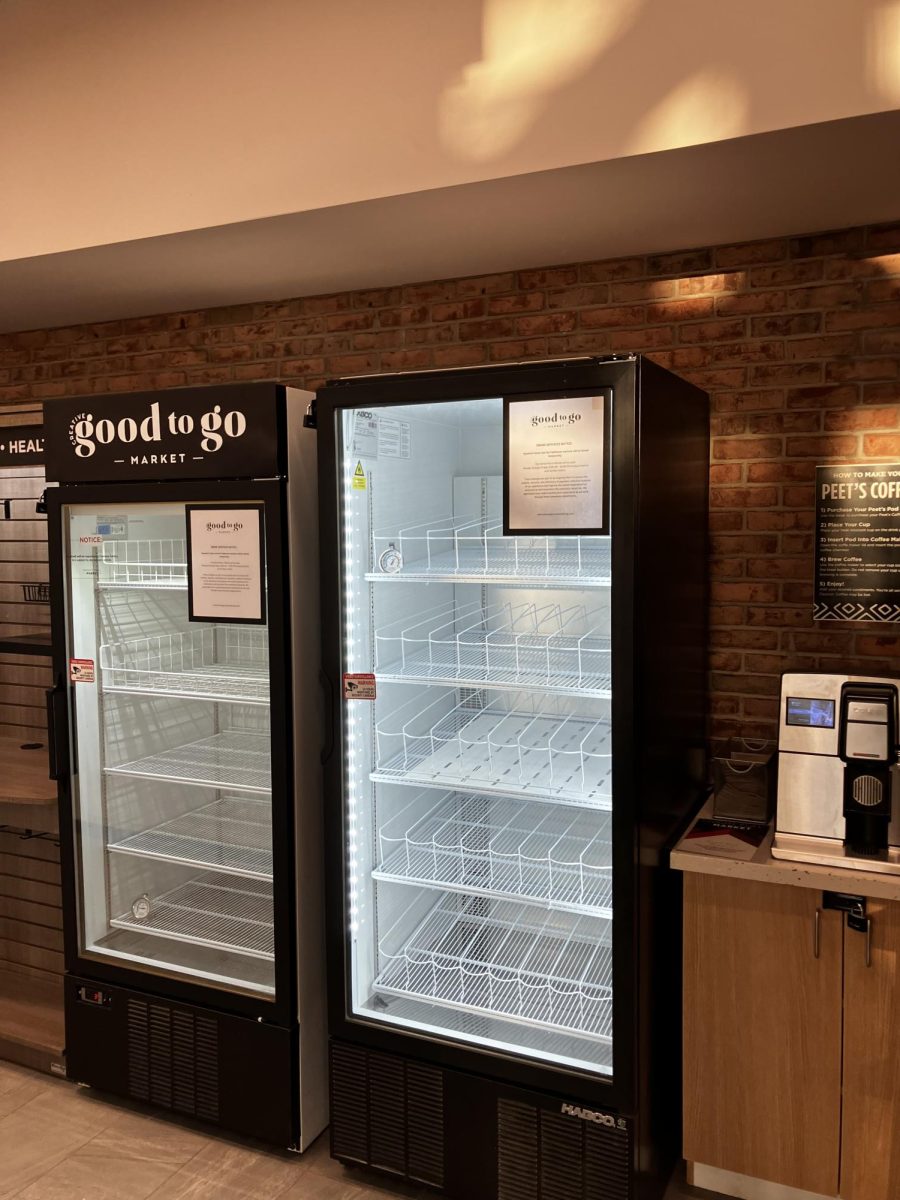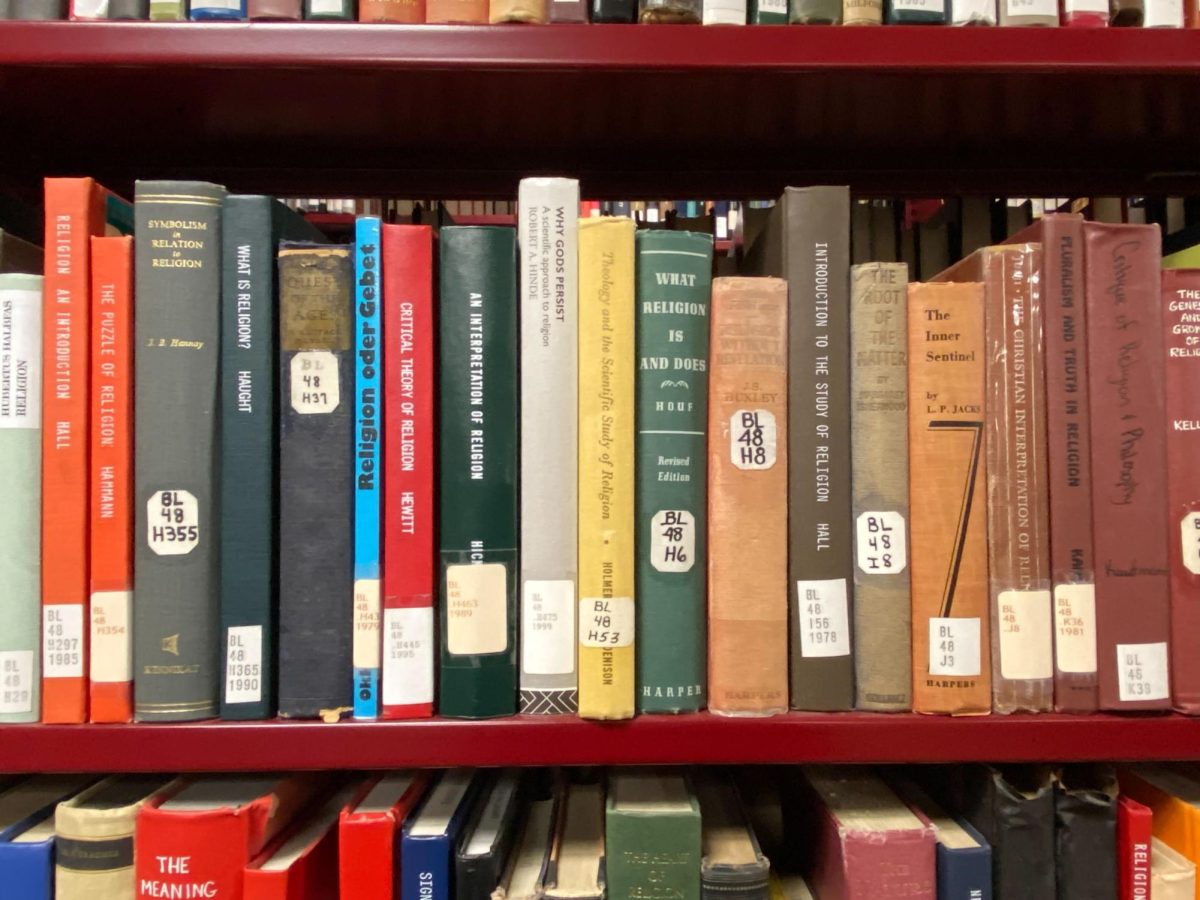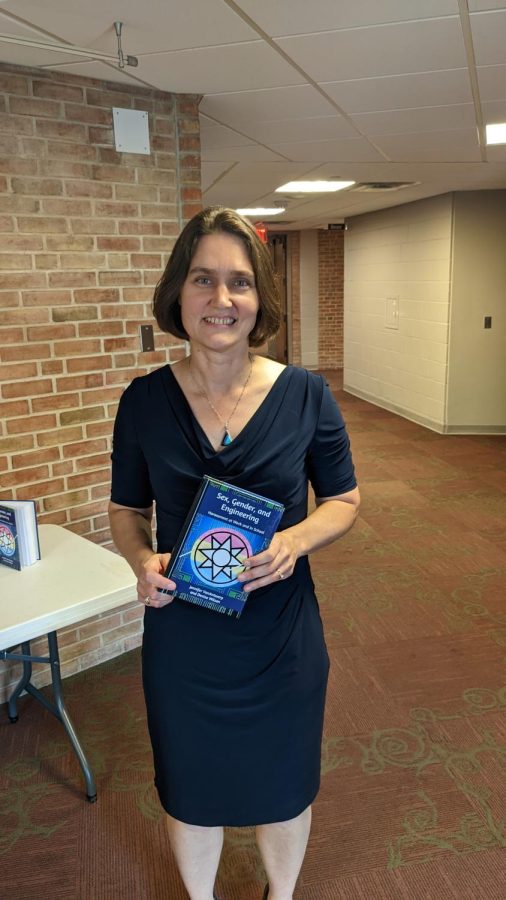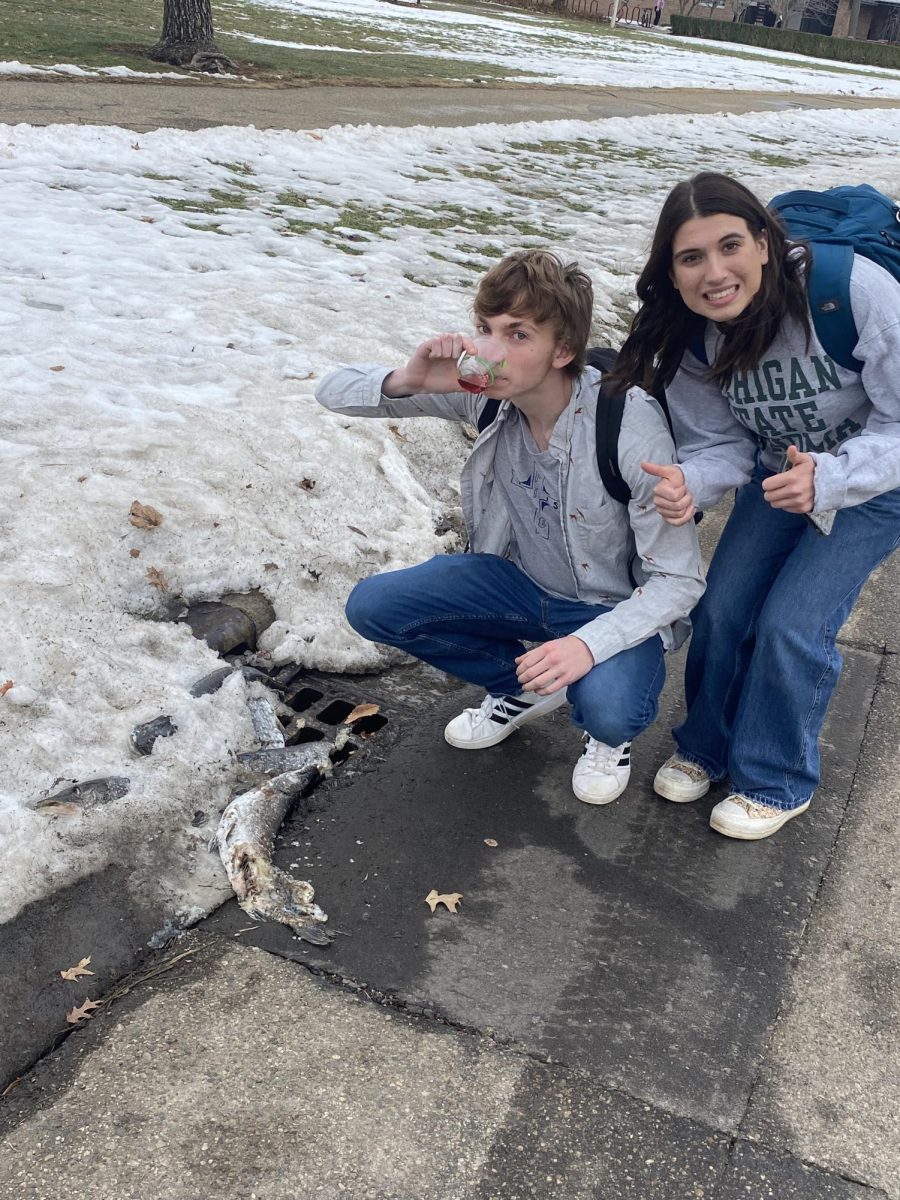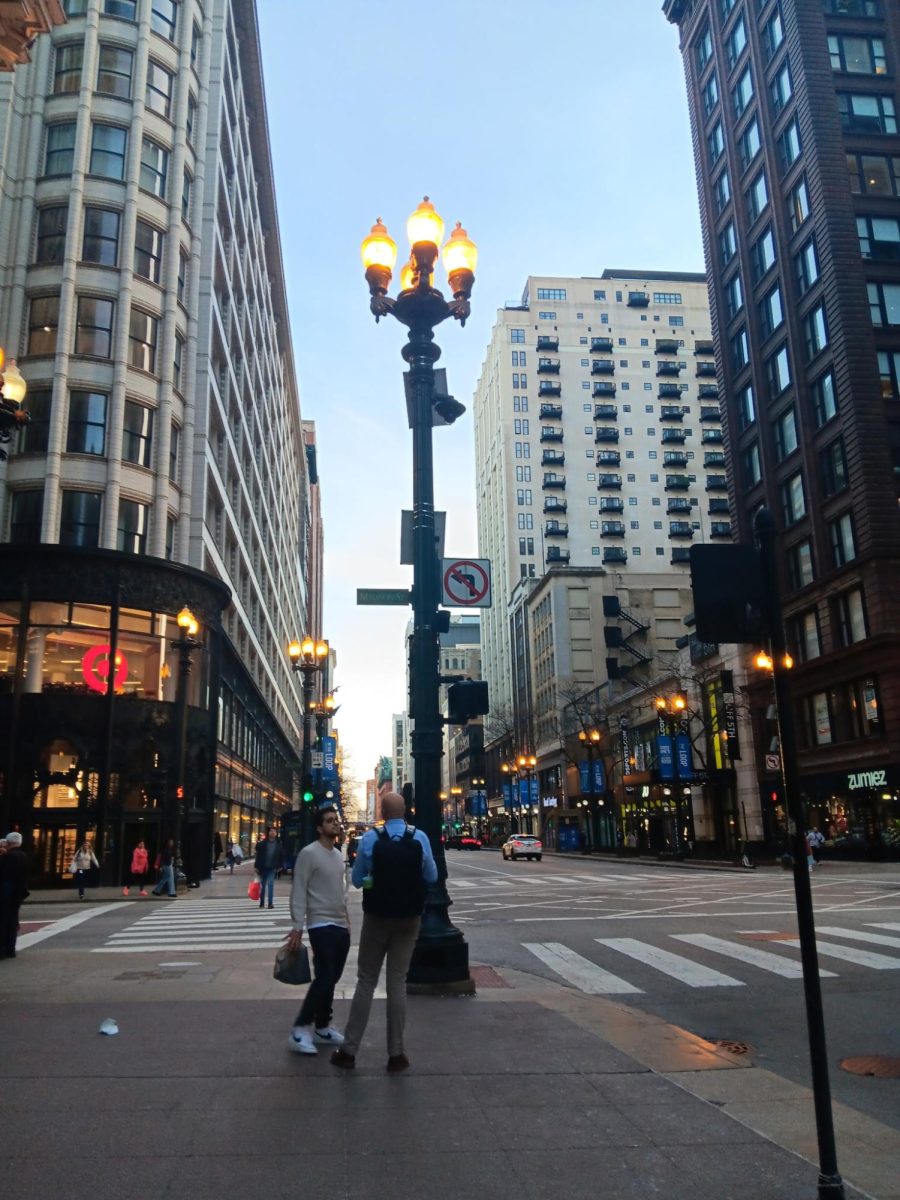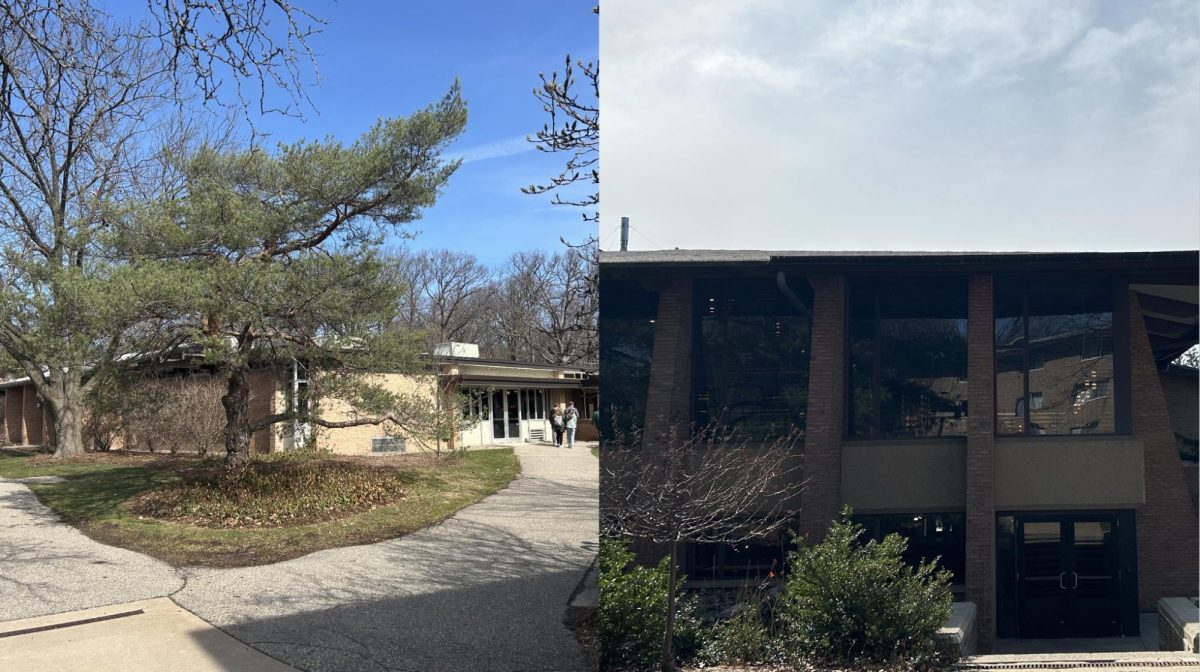Maggie Ambrose, a sophomore film and media student at Calvin, edited an award-winning documentary in San Juan la Laguna, Guatemala. The documentary — called “Planting Roots” (Plantando Raíces) — highlights the story of Fransisco Mendez and is currently making rounds at several film festivals. Most notably, the film “placed third in the Educational Heroes category of the MY HERO International Film Festival” according to Robin Canfield, international programs director and co-creator of Actuality Abroad, the organization Ambrose worked with on the project.
Communication professor Samuel Smartt sent out an announcement to communications students informing them of the program; Ambrose was the only Calvin student to take up the opportunity.
“Actuality Abroad is a media-focused study abroad organization. For 14 years, we have been leading Documentary Outreach programs to bring crews of emerging filmmakers together in developing communities to tell powerful stories about local changemakers. In short –– we teach storytelling,” Canfield said. Ambrose’s crew of emerging filmmakers consisted of four people, but the project overall in Guatemala involved “five changemakers, four crews, [and] 20 participants” as multiple documentaries were produced, according to Canfield.
The organization works with “changemakers” — locals who are “working to solve a social or environmental issue in their community,” said Canfield. Actuality Abroad invests considerable effort in choosing these changemakers, and Canfield told Chimes that priority goes towards locals who are trying to implement specific and measurable solutions to issues.
“Planting Roots,” the documentary Ambrose worked on, follows a group called Dreams and Hopes, which offers after school programs to children, offers classes for parents and caretakers, provides nutritious meals and allows for learning in areas like cooking and proper hygiene, according to Ambrose. The micro-documentary version focuses on an individual on the staff the crew found interesting: the organization’s assistant and computer technician, Fransisco Mendez. The extended version of the documentary focuses on two youths and their journey to adulthood in San Juan la Laguna.
Co-Founder and Executive Director of Dreams and Hopes Fredy Perez, grew up in San Juan la Laguna, moved away. Eventually, he “returned because not only did he have an idea –– he cared enough about the town to return to it and try his idea out,” Canfield told Chimes. This was part of the motivation that led Canfield to choose to work with Dreams and Hopes.
Often in Guatemala, youth tend to worry that they will not be able to obtain an adequate education unless they move to the U.S., and when Guatemalan children do not get the education they desire, “they start families really, really young” according to Ambrose. The goal of Dreams and Hopes “is to try to encourage kids to get that higher education, try to get a job for themselves, but also stay within the country, and so, provide for their family,” Ambrose told Chimes.
While Ambrose worked as the editor on the documentary, Actuality Abroad was doing other background work. The organization teaches “lessons on the ground” to aid upcoming filmmakers like Ambrose in their storytelling and provides gear and guidance on all the technical and logistical skills participants would need to complete the project, according to Canfield.
Creating “Planting Roots” (Plantando Raíces) was a month-long process. The first week consisted of “briefings” (Canfield refers to these as “lessons”) and research meetings, and the second week focused on planning and filming the micro-doc. The third week is considered a “blank page until the producer has it scheduled for filming” in Canfield’s terms, and editing begins on the micro-doc that was filmed during week two, with the fourth week focusing mainly on editing. On the second-to-last night of the program, Actuality Abroad held a screening for the final cut.
Ambrose worked with “a crew of strong-willed storytellers –– as Outreach participants often are –– and she did really well to hold her own,” Canfield said. “Our crews sit together as equals and co-creators when it comes to research and planning for every documentary story, and Maggie was a big part of that for her film.” As Ambrose is a film and media major, she felt the experience was helpful in deciding if she wants to pursue documentary work.
Ambrose hopes that the documentary will bring more awareness to the various educational and social concerns in San Juan la Laguna and how it has affected youth in the area. She also hopes that with awareness will come volunteers and donations.
The documentary is available to watch now on YouTube and Vimeo, and the extended cut of the documentary is available on YouTube.



